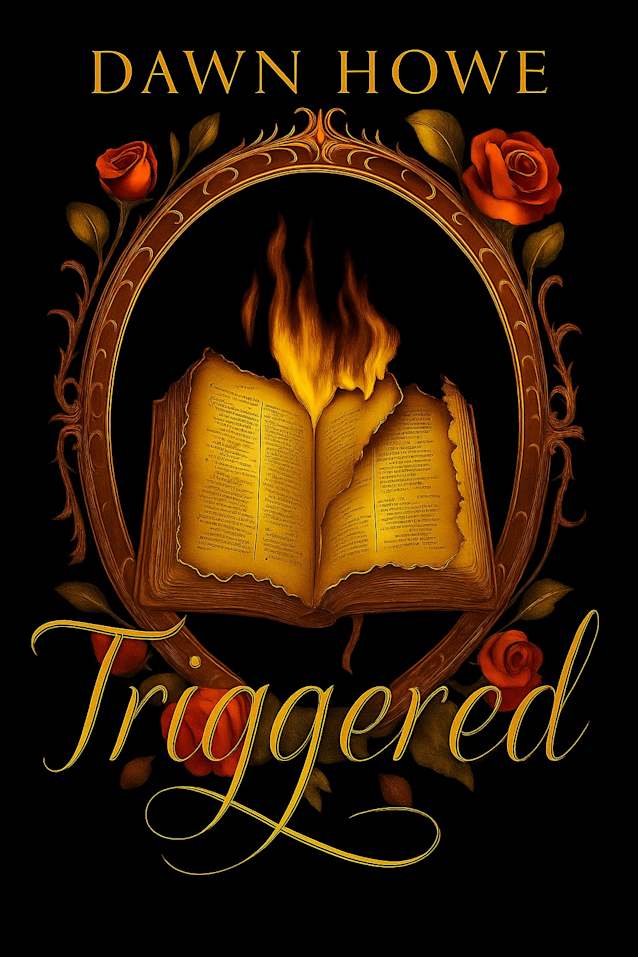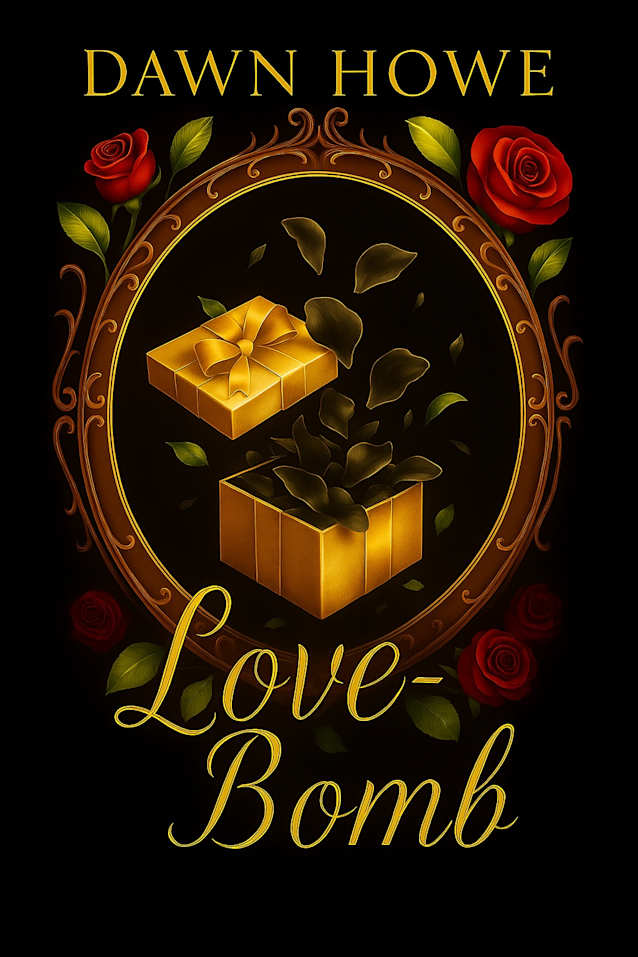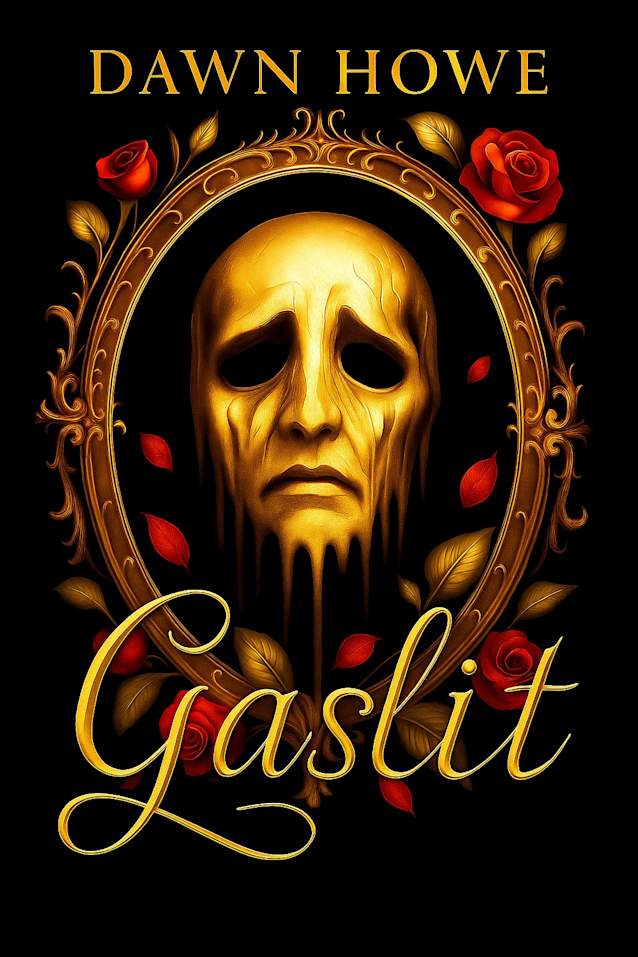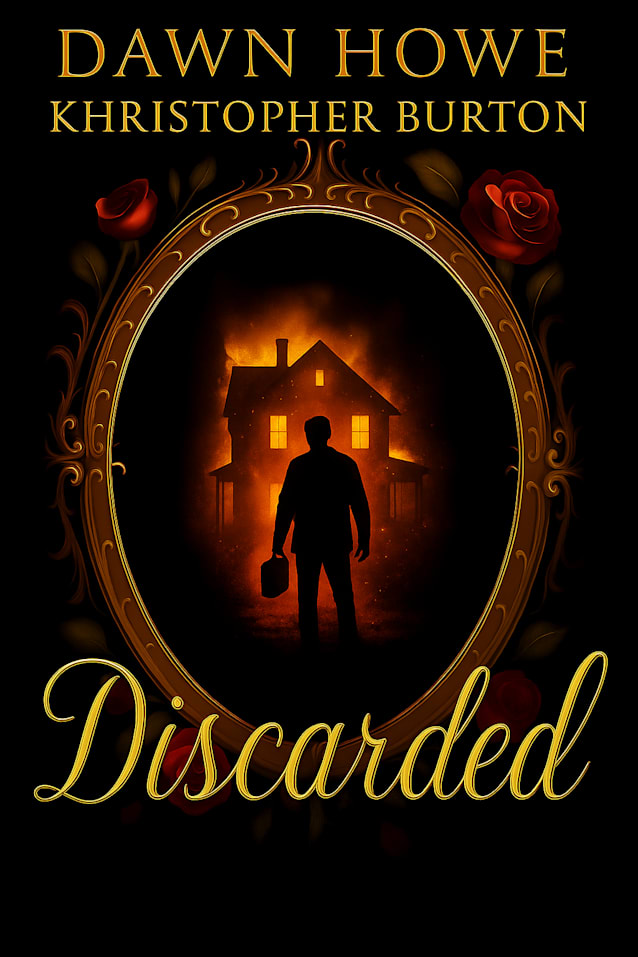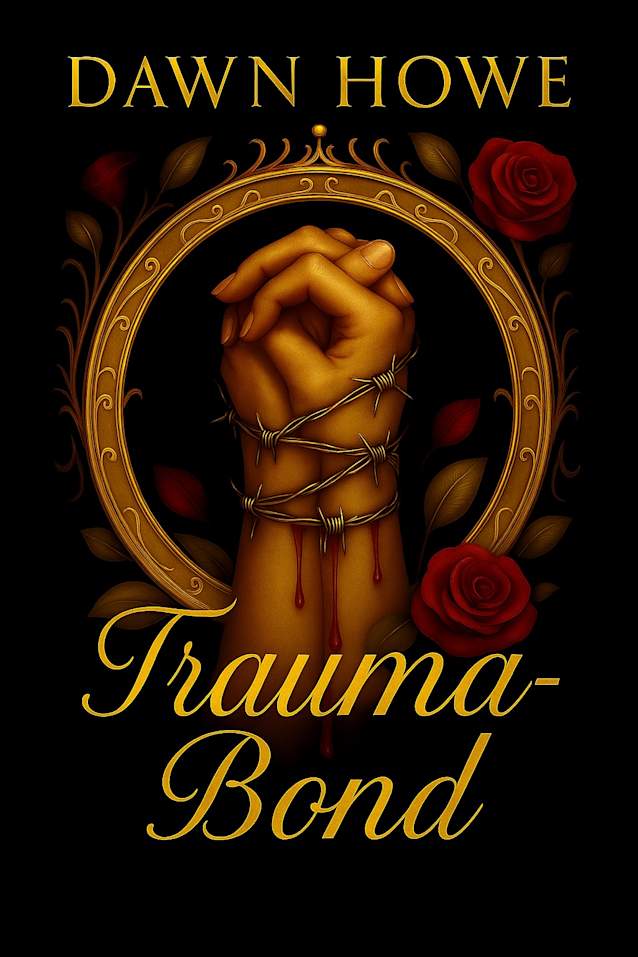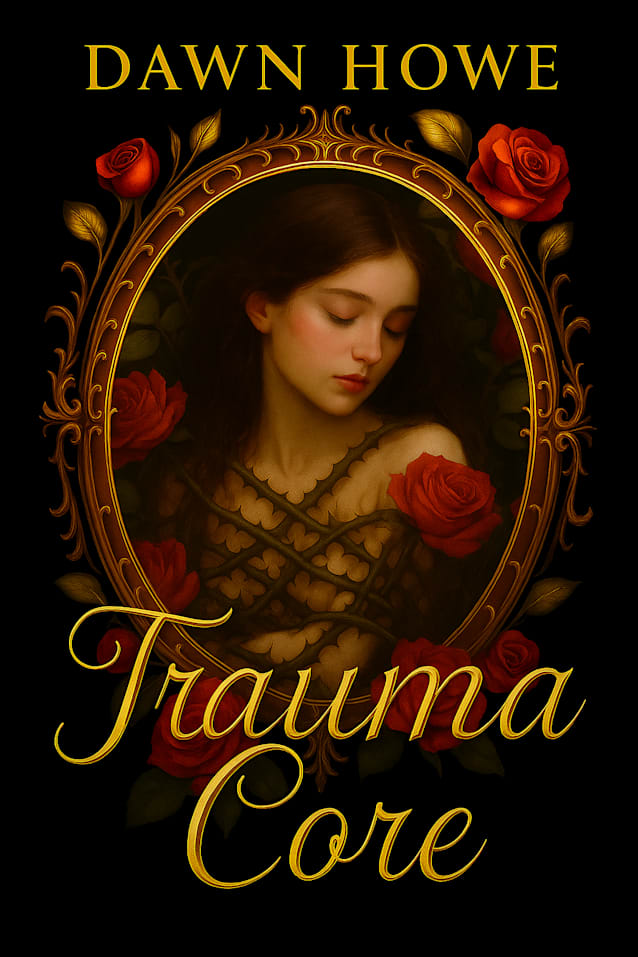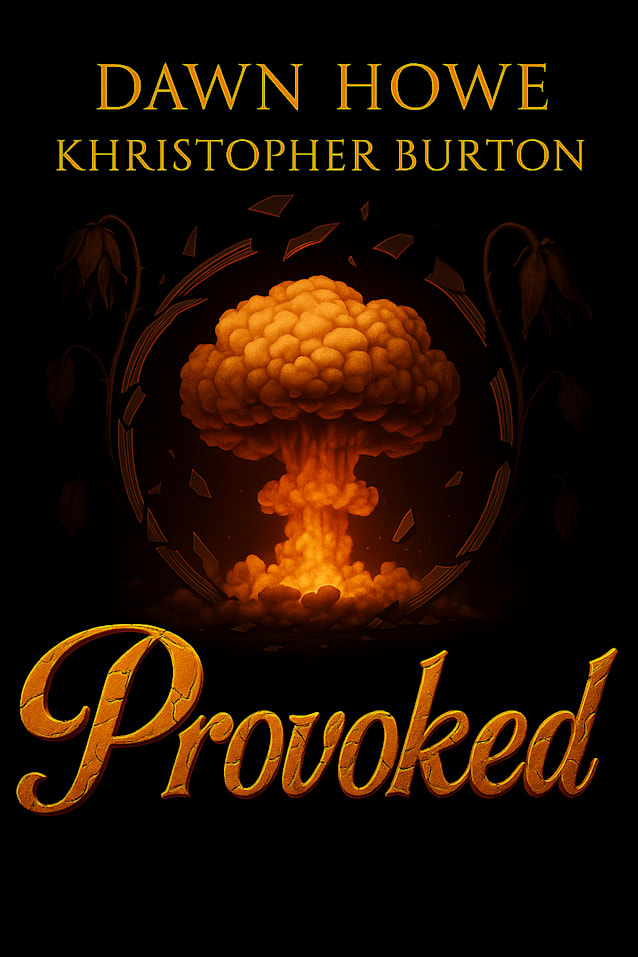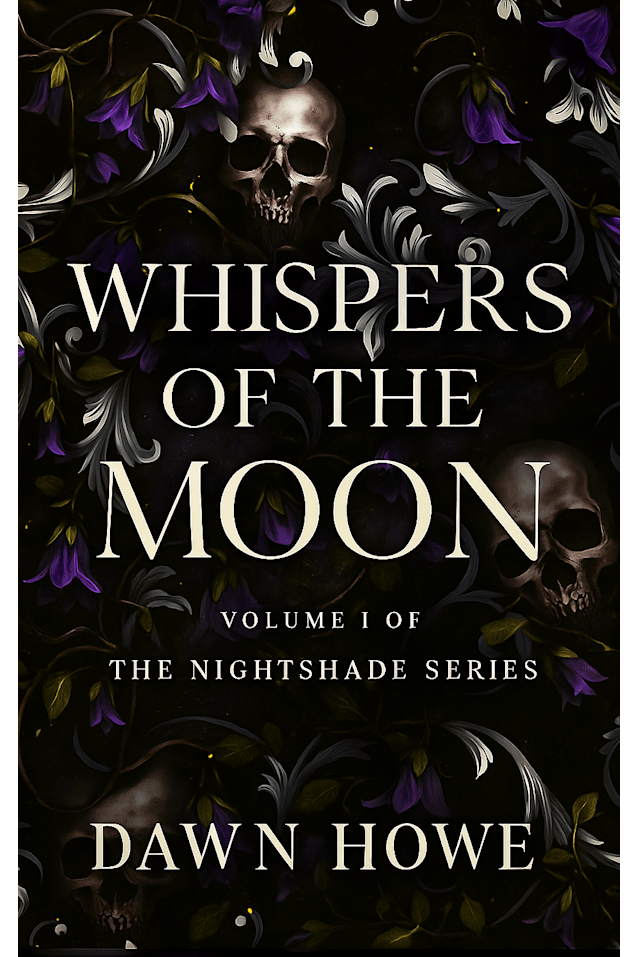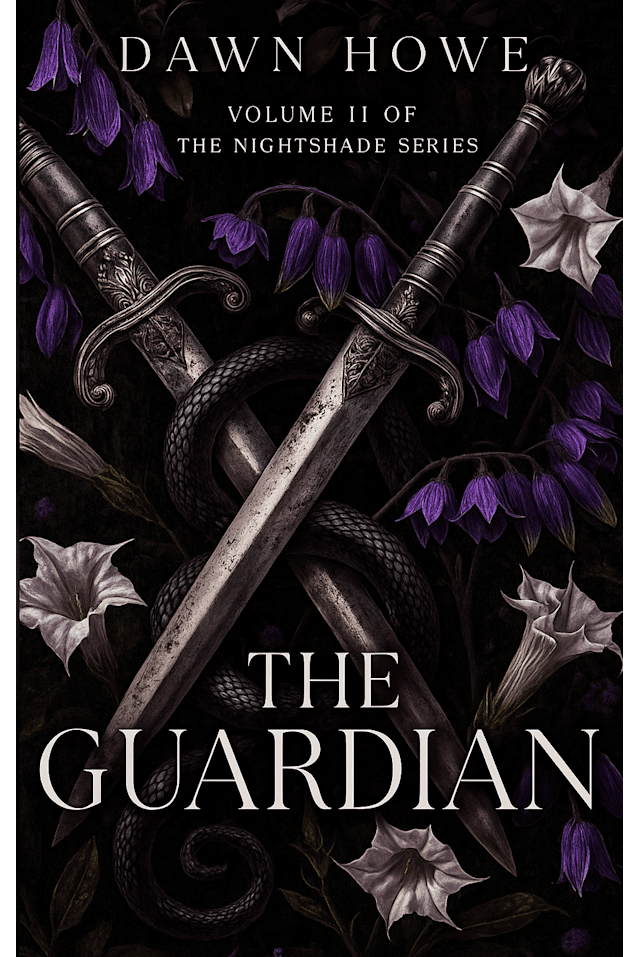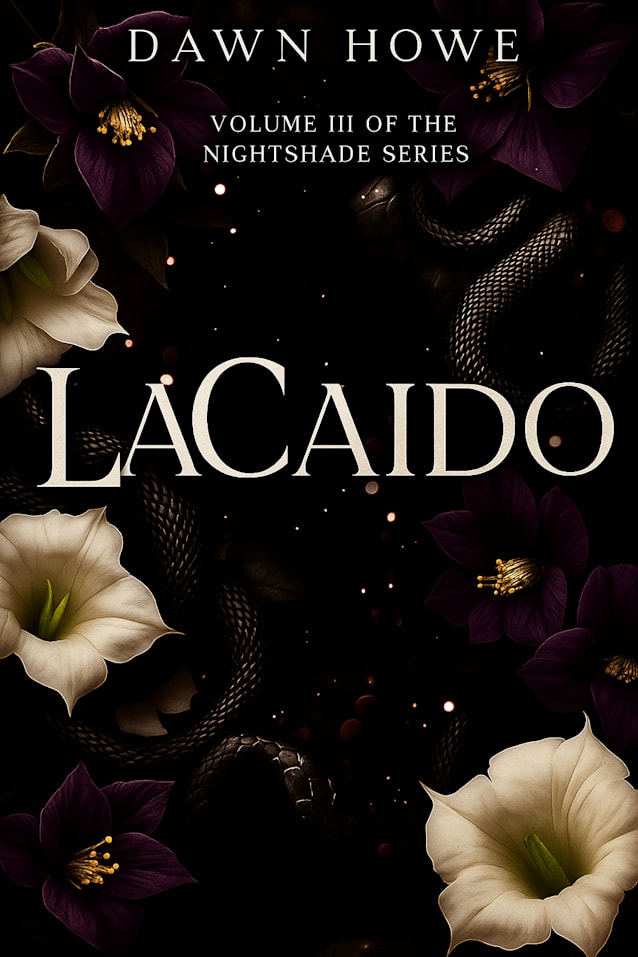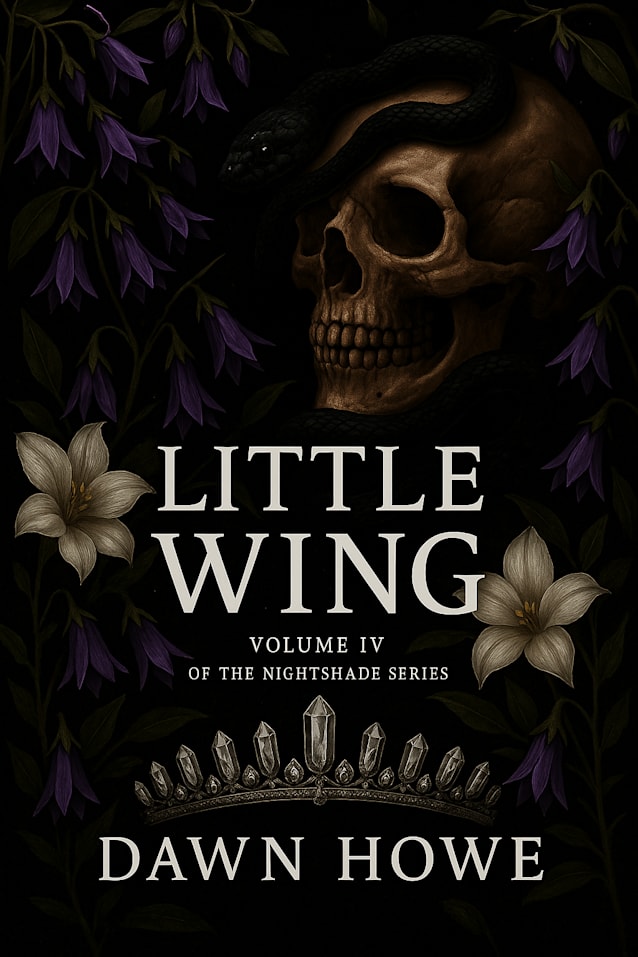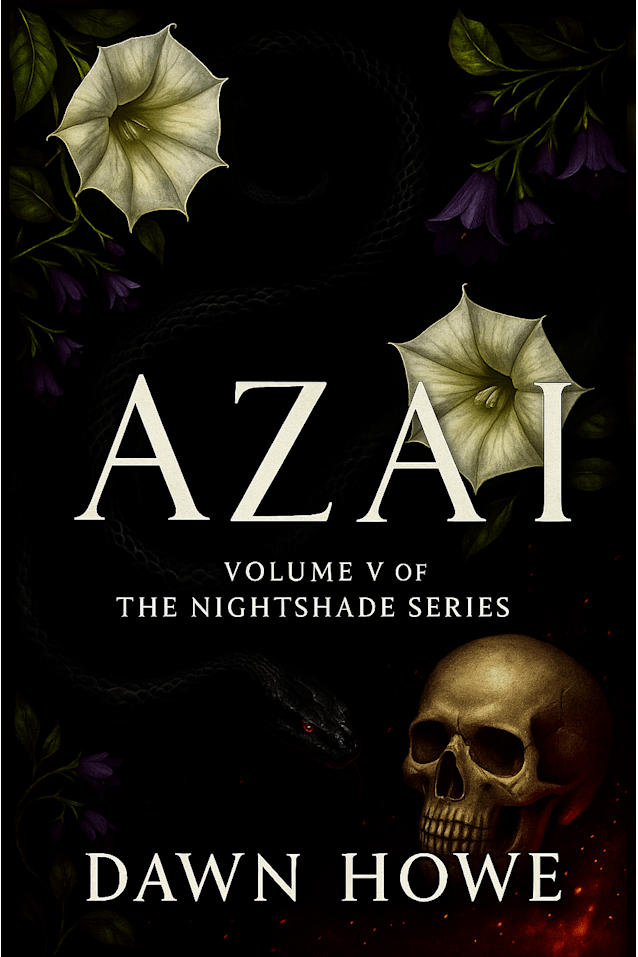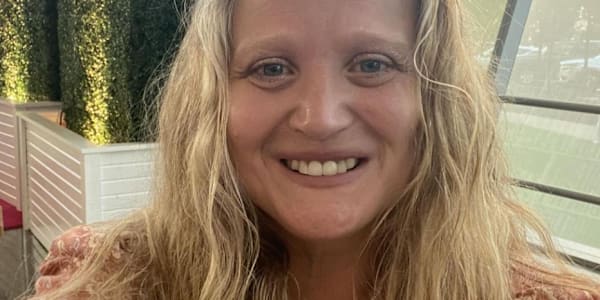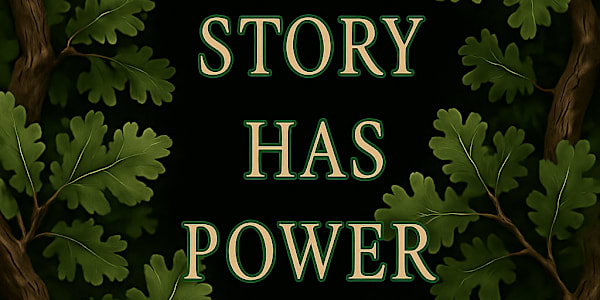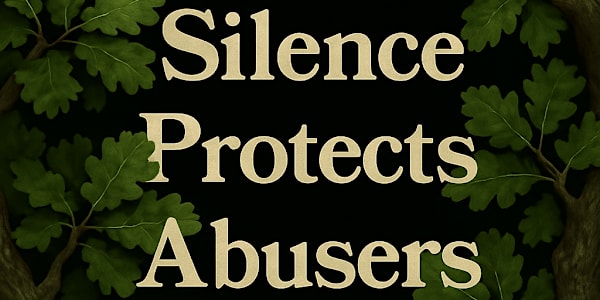Gaslit is a storm of a book—quiet at first, creeping in like fog, before it tears through your chest with raw emotion and an unrelenting truth that only trauma and survival can deliver. From the opening pages, Dawn Howe doesn’t just tell a story; she drags you into the suffocating, intimate world of manipulation, heartbreak, and resilience. This isn’t escapism-it’s confrontation.
We follow Aslyn, a protagonist as fragile as glass and as unbreakable as steel, whose life becomes a masterclass in psychological warfare. She isn’t a neat, polished “strong heroine.” She is layered, scarred, and achingly real. Every chapter is heavy with the weight of emotional abuse and gaslighting, yet threaded with a quiet defiance that makes her impossible to forget.
The relationships in Gaslit are as magnetic as they are toxic, drawing readers in with a mix of danger, desire, and despair. The romantic tension is palpable, but it’s a knife’s edge—forcing us to question what love means when power and control blur its boundaries. It’s dark romance at its most honest, refusing to glamorize trauma while still acknowledging the complex emotions that bind abuser and survivor.
Howe’s writing is sharp and immersive, capturing both the suffocating closeness of abuse and the staggering courage it takes to reclaim yourself. Every scene feels intentional: every look, every word, every silence builds a sense of unease that lingers long after the book is closed. Yet, in that darkness, she threads glimmers of hope; proof that survival is both messy and magnificent.
By the final page, Gaslit doesn’t just leave a mark; it leaves a scar. It’s a mirror for those who have lived it, a lesson for those who haven’t, and a story that refuses to let you look away.
Gaslit is not just a book you read. It’s a reckoning. And like all great reckonings, it will stay with you, heavy and holy, long after you turn the last page.

